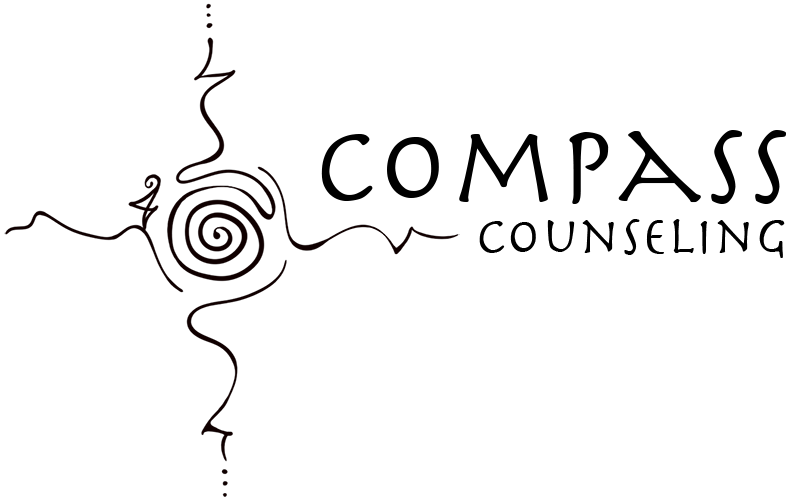
Yoga
I completed my certification to be a Registered Yoga Teacher (RYT) in 2009 through the Himalayan Institute in Honesdale, PA. My studies included embodying the practices of: Daily Asana, Breathing, Relaxation and Meditation; Anatomy and Physiology; Teaching Methods; Diaphragmatic Training and Pranayama; Systematic Relaxation Techniques; Meditation Techniques; Subtle Body Anatomy; Yoga Philosophy and Ayurveda (Diet and Lifestyle).
I live these daily practices myself and help clients through the lens of yoga, which means “to join” or “to yoke,” referring to the union of Individual Consciousness with the Universal; a harmony of mind/body, Human/Nature.
Holistic Therapy fits wonderfully with yoga: a type of therapy that addresses the whole person (spiritual, mental, physical and emotional) and is designed to address and develop a deeper understanding of each of these parts of being human.
Somatic Therapy is also emphasized through the lens of yoga, studying the client’s past trauma history and tuning into the body to see how the autonomic nervous system (ANS) integrated the trauma in the body. Some psychologists believe that our bodies hold on to past traumas in the form of pain, physical posture, immune system depletion, anxiety, depression, differing imbalances in the body, tinnitus, addiction and dissociation, to name a few. The list goes on and we will explore how trauma manifested in your body and how we might release the trauma somatically; move it through your body and out.
Some practices we might work on together start with diaphragmatic breathing, mindfulness, meditation, guided relaxation, diet and lifestyle, tuning into your body to see what is right for you and how you make decisions in the world. The physical asanas are always encouraged independently if they speak to you. Chair yoga and other modifications are always available, based on any physical needs.

Writing
I completed my MFA in Creative Nonfiction through Goucher College in 2002, a program suited to writer development through stellar faculty mentors working closely with students to produce publishable quality prose.
I also experienced how healing writing is for unresolved trauma. Writing Therapy, or Journal Therapy has proven to increase awareness, understanding and quality of life over time.
Writing is an incredibly effective tool to simultaneously hold us in the present while withstanding past trauma. Writing with pen and paper activates a collection of cells in the base of the brain (RAS or reticular activating system), to stimulate and bring attention to any current focus. Stream-of-consciousness writing slows down breathing and teaches self-regulation, like meditation. Writing is another way to view how trauma is stored in our bodies and how this shaped us in the past, while remaining present in a state of self-regulation.
Some of the writing therapy we might practice together includes letter writing, poetry, free writing or journaling, and therapeutic timed prompts. Everyone is unique and clients are always empowered to educate me on what is right for them.
